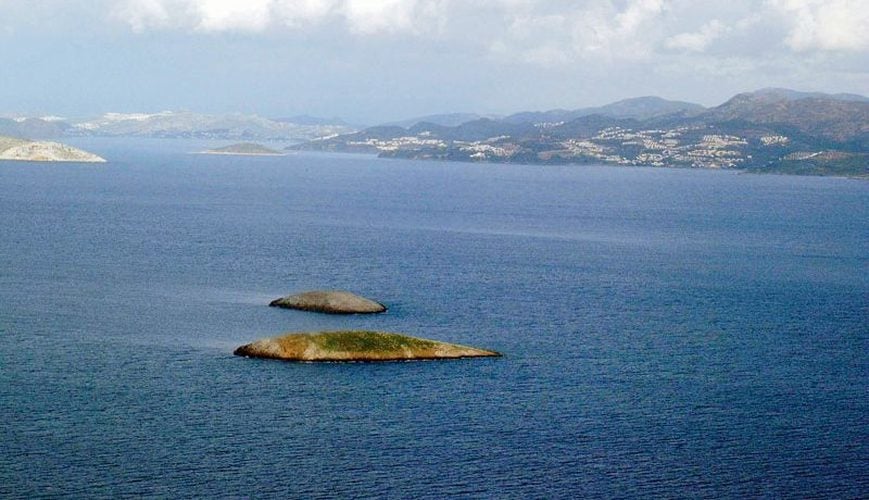

Turkey must lift a decades-old war threat against Greece if it wants Athens to consent to Ankara accessing EU defense funds, Greek Prime Minister Kyriakos Mitsotakis said on Thursday.
Speaking to Skai radio, Mitsotakis said that “If Turkey wishes access into European defense financing tools, the legitimate concerns of both Greece and Cyprus should be taken into account.” The Greek Prime Minister was referring to projects such as Security Access for Europe (SAFE), the EU’s new flagship arms-buying fund.
In 1995, the Turkish Parliament declared a “casus belli,” or cause for war, if Greece unilaterally expanded its territorial waters beyond six miles in the Aegean Sea.
Greece and Turkey, both NATO allies, have been at odds for decades over a number of issues, ranging from Turkey’s occupation of northern Cyprus to their maritime boundaries and airspace.
“It has been 30 years since the Turkish National Assembly voted on the infamous casus belli. I think that 30 years later, the time has come to directly ask our Turkish friends to take it off the table,” Mitsotakis said.
He added that he would convey the message to Turkish President Tayyip Erdogan soon, citing improved bilateral relations.
Asked about Greece trying to keep away Turkey from EU defense projects, a Turkish defense ministry source told Reuters that any attempts to disregard Turkey’s importance for European security were bound to fail.
“Carrying bilateral disputes to multilateral platforms and putting forth an approach aimed at excluding our country, is both a step that is not taken with good intentions and not a smart one,” the source said.
Greece and Turkey have been exploring whether they can start talks to demarcate their maritime zones. The Greek prime minister said that a high-level meeting between the two countries will take place in the coming months.

Last month, Turkey rejected the published maritime spatial plan (MSP) by Greece, claiming it infringes on Turkey’s maritime jurisdiction in both the Aegean Sea and the Eastern Mediterranean.
In a statement released by Turkey’s Ministry of Foreign Affairs, the MSP, jointly announced by Greece’s Ministries of Foreign Affairs and Environment and Energy, was denounced as containing areas that unlawfully overlap with Turkish maritime zones.
The plan was accompanied by an official map detailing Greece’s proposed maritime boundaries.
“Some of the areas specified in the ‘Maritime Spatial Plan’ (MSP) declared by Greece within the framework of EU legislation violate ‘Türkiye’s’ maritime jurisdiction areas in both the Aegean Sea and the Eastern Mediterranean,” the ministry said, adding that this declaration will have no legal consequence for Ankara.
Turkey also criticized what it described as Greece’s unilateral approach, highlighting the need for regional cooperation.
“International maritime law encourages cooperation between coastal states in these seas, including on environmental issues, and in this regard, ‘Türkiye’ is always ready to cooperate with Greece in the Aegean Sea,” the statement read.
